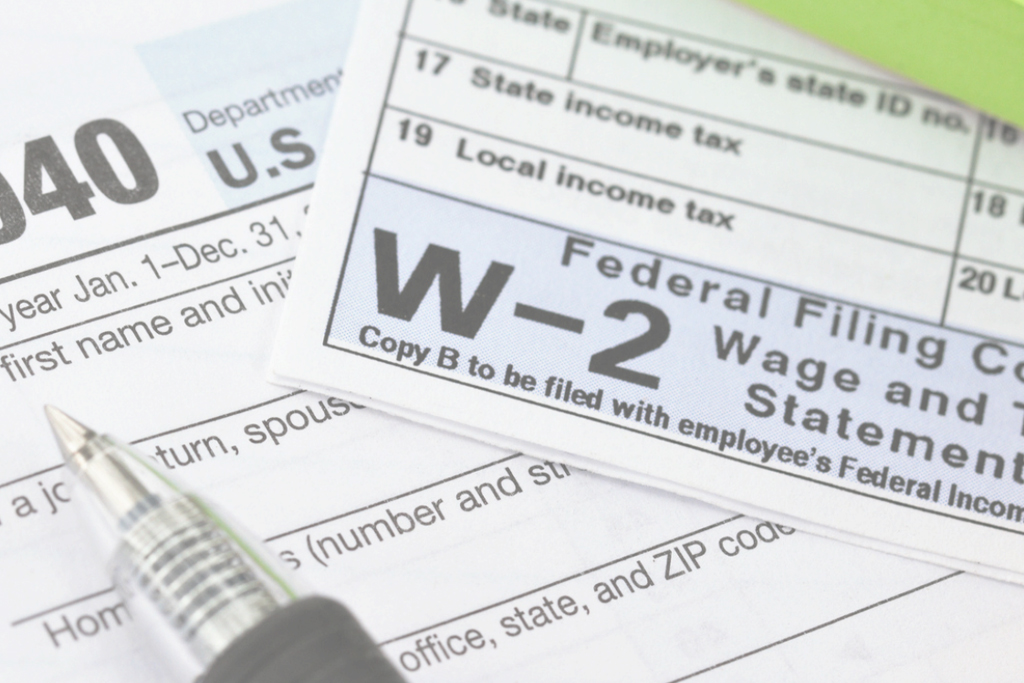October 04, 2024
A recent report highlights significant non-compliance issues regarding early retirement distributions, emphasizing the need for stronger enforcement and improved tax reporting accuracy. It revealed that approximately 2.8 million taxpayers received early retirement distributions totaling $12.9 billion but did not pay the required 10% additional tax or file Form 5329. This oversight could result in potential additional taxes of $1.29 billion and failure-to-file penalties amounting to $322 million.
Additionally, about 2.3 million taxpayers failed to report $11.4 billion in early distributions as taxable income, with some individuals receiving distribution amounts exceeding $200,000. The IRS’s Automated Underreporter (AUR) function, which identifies discrepancies between reported income and filed tax returns, may not always notify potentially non-compliant taxpayers, underscoring the need for enhanced compliance mechanisms.

Key Recommendations to Address Non-Compliance
To tackle the issues highlighted in the report, several recommendations were made to strengthen IRS efforts:
- Guidance on Penalty Computation for Delinquent Forms 5329: The report advises the IRS to develop clear guidelines on the penalties for failing to file Form 5329, which is necessary when early retirement distributions are made. This form is critical, especially when taxpayers claim exceptions to the additional tax. The IRS partially agreed, committing to working with the Office of Chief Counsel and increasing stakeholder awareness about the filing requirements.
- Review of High-Value Cases: A suggestion was made to conduct targeted reviews of tax returns where taxpayers received early distributions over $200,000 but did not file Form 5329 or pay the additional tax. The IRS, however, disagreed, stating that their current review processes already address such cases.
- Improved Data Collection and Analysis: The report recommends enhancing the IRS’s data collection by transcribing additional information from tax returns to better identify non-compliance trends. The IRS agreed to explore this option, aiming to improve compliance monitoring through more detailed data.
- Enhancing the AUR Notice Program: To improve taxpayer compliance, it was proposed that the IRS amend its AUR notice program to proactively alert taxpayers about potential non-compliance related to early distributions. Despite this suggestion, the IRS expressed disagreement, citing confidence in the program’s existing framework.
- Reminding Stakeholders of Filing Requirements: The report stresses the need for ongoing communication and education for taxpayers regarding the importance of filing Form 5329. The IRS agreed and plans to use various channels to remind stakeholders about these obligations.
Challenges in IRS Collaboration and Implementation
While the IRS agreed with some recommendations, others were met with resistance, suggesting potential challenges in implementing these measures. A significant hurdle is the collaboration between the IRS and the Office of Chief Counsel, which involves aligning priorities and overcoming resource constraints. The IRS’s limited capacity, compounded by existing backlogs, might strain efforts to introduce new compliance initiatives.
Communication and coordination between different IRS departments and the Office of Chief Counsel could also present challenges. For example, while the IRS focuses on enforcement, the Office of Chief Counsel may prioritize legal guidance, which could lead to differing approaches to compliance. Establishing clear communication channels and shared goals will be essential in addressing these issues.
The Path Forward
Addressing non-compliance with early retirement distributions is crucial for maintaining fair tax administration. Although the IRS has taken steps to improve compliance, further collaboration, clear guidelines, and enhanced monitoring systems are needed. Ensuring that taxpayers understand their obligations will play a pivotal role in reducing future non-compliance and securing the integrity of the tax system.
Conclusion
The report sheds light on significant gaps in taxpayer compliance concerning early retirement distributions, emphasizing the need for improved oversight and clear guidance. While the IRS has acknowledged some recommendations and committed to enhancing compliance efforts, there are notable challenges in fully implementing these changes, particularly in collaboration with the Office of Chief Counsel.
To ensure fair tax administration, it is essential for the IRS to refine its processes, enhance communication with stakeholders, and introduce clearer penalty structures. Addressing these non-compliance issues through targeted reviews, improved data collection, and proactive education will be vital in upholding tax laws and maintaining public trust in the system. Ultimately, by strengthening these efforts, the IRS can foster greater taxpayer compliance and accuracy in reporting early retirement distributions.




